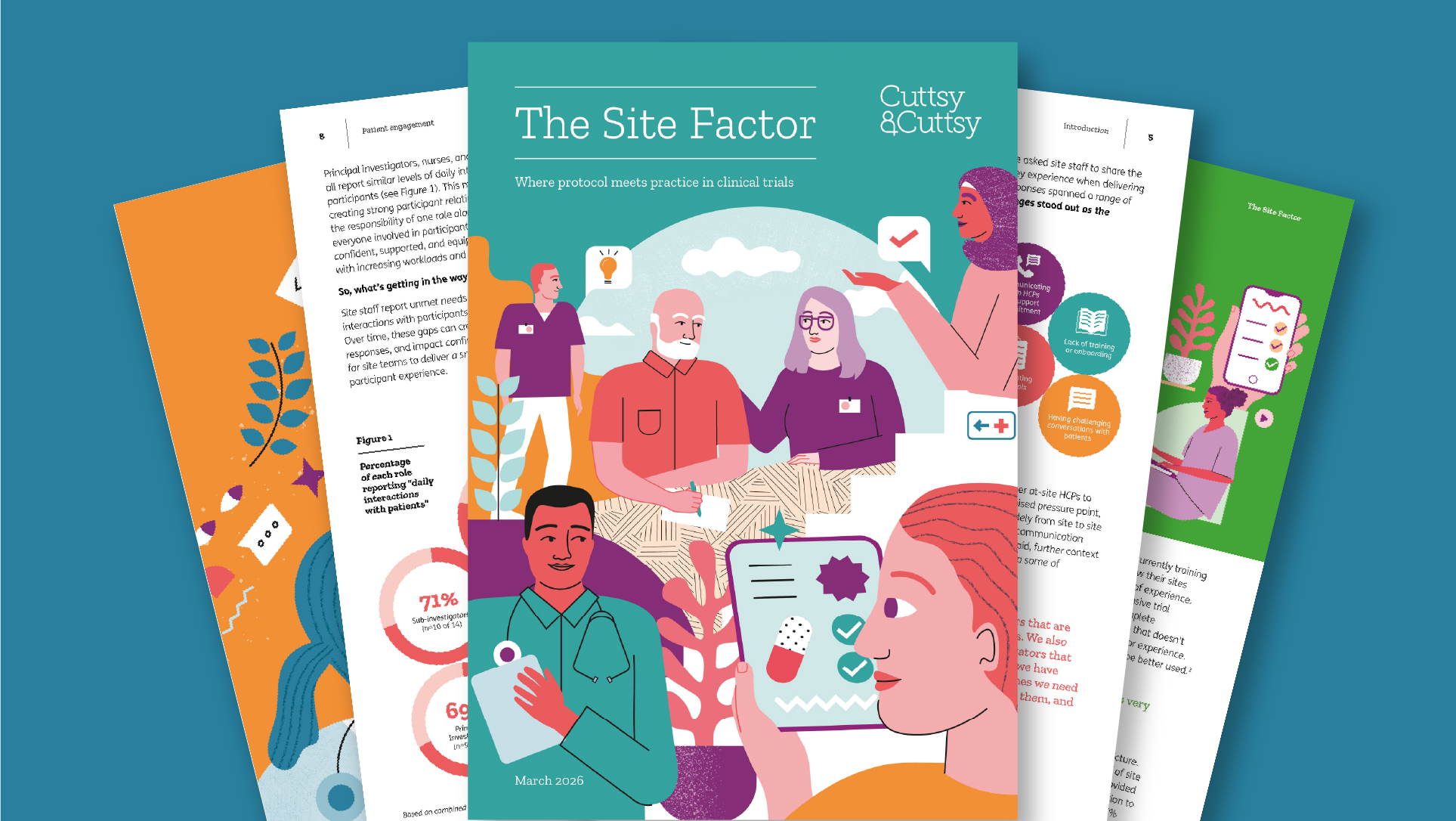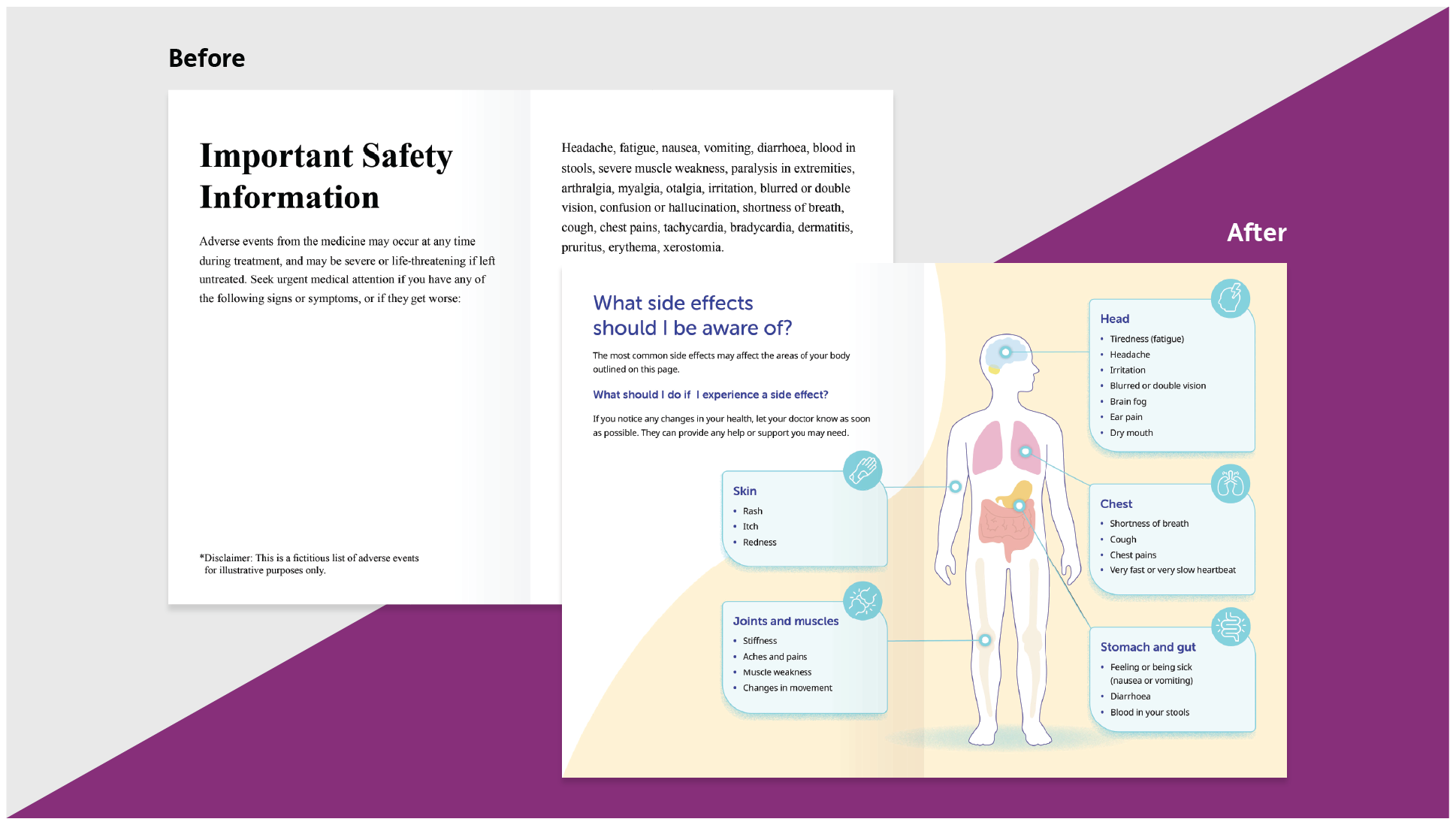Patients as Partners - putting people first in clinical trials

Recently, we attended Patients as Partners, Europe 2023 in London. It’s an event that looks at how greater patient involvement can increase efficiency in clinical research and improve outcomes for everyone. With a packed agenda discussing the importance of working with patients, here are our key takeaways from the event.
Mental health really matters
The mental health and wellbeing of patients participating in clinical trials was a key focus and talking point throughout the conference.
Patients may already have a lot to contend with, not just in terms of their medical condition, but with the challenges of life in general. Participating in a clinical trial can add to their concerns. Additional physical and physiological symptoms as well as potential logistical or financial challenges can place an extra burden on a patient’s wellbeing. This can impair their ability to process and understand important information about the trial. Failure to take such issues into account can be a risk to their continued participation.
Understand diverse needs
Designing clinical trials to include representative groups is widely acknowledged. But engaging different communities requires a deeper understanding of motivations, concerns and the level of trust in the healthcare system. For example, the concerns of a trans person from the LGBTQI+ community about how they may be treated on a trial will be different to someone from a South Asian community apprehensive about whether to put their trust in experts outside of their network, and different again to those of someone living with a physical disability. Everyone should have access to the right treatments, but if recruitment efforts do not address the issues relevant to different communities, then we risk significant segments of society not being involved in the development of treatments.
3-step approach
So, how can you ensure a more consistent approach to patient engagement and participation in clinical studies? At Cuttsy+Cuttsy, we’d recommend a 3-step approach to improve patient engagement, experience and outcomes:
- Research: Ideally, at the trial design stage — or even earlier — take the time to really understand the patient population. Meet real people, ask questions, get them involved with the trial design and discover uncomfortable truths that might stop potential participants from taking part. One size most certainly doesn’t fit all, and without research, there’s a risk whole communities may feel excluded
- Co-creation: It’s not enough to review data and consider the patient’s point of view. To engage patients and keep them connected, involve them and ask for feedback as partners, every step of the way
- Health literacy: It’s about more than words or making healthcare comms easy to understand. For patients from diverse communities, it’s about considering perceptions, the use of language and how information is received and acted upon
Adopting this approach with your next clinical trial will undoubtedly help improve recruitment and retention rates but, most importantly, you’ll be well on your way to truly working with ‘Patients as Partners’.












